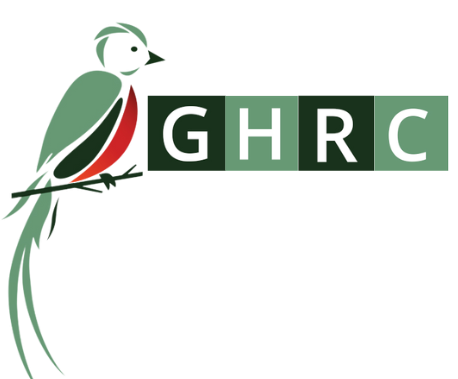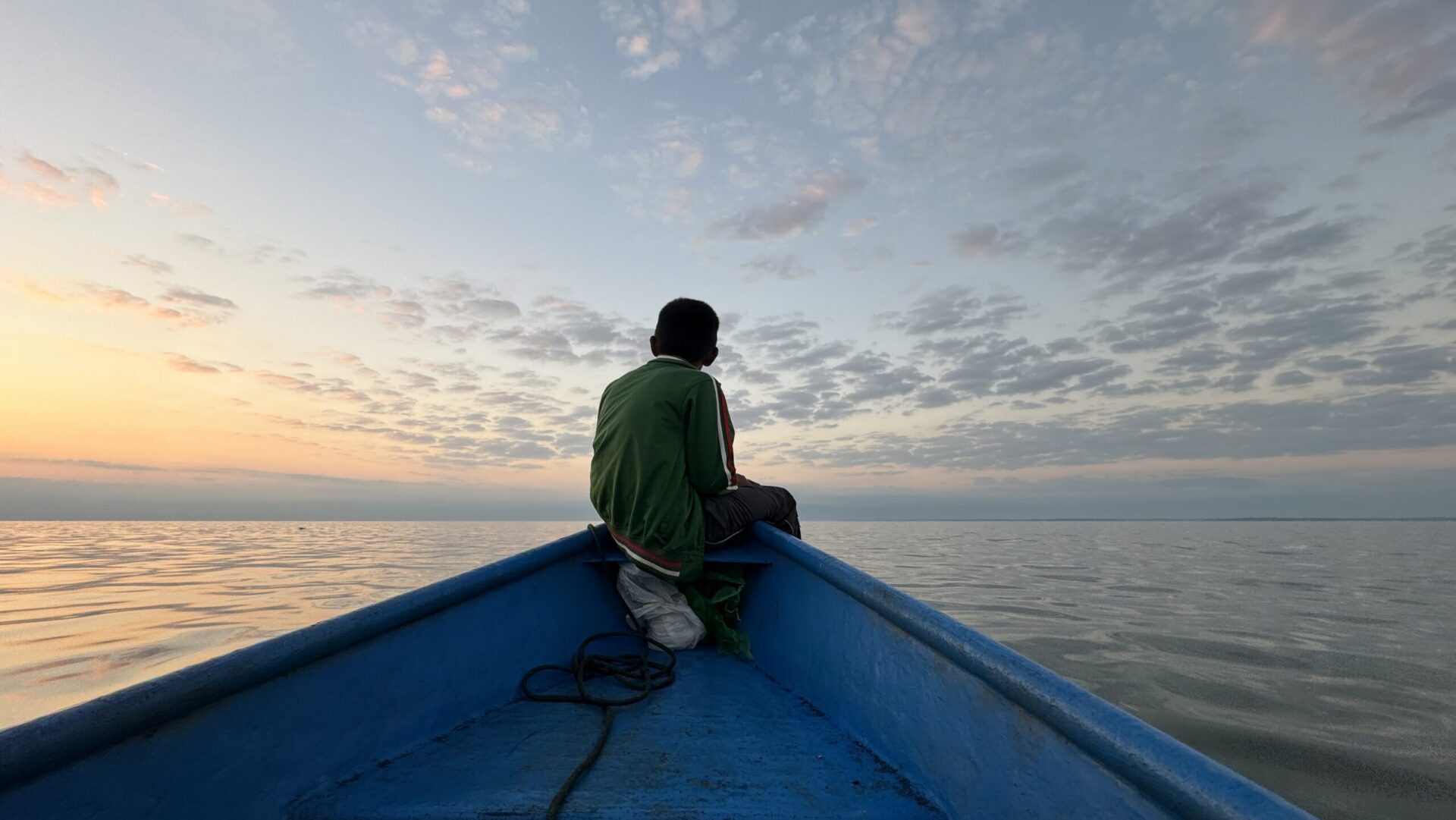FOR IMMEDIATE RELEASE
June 3, 2014 (Washington, DC) – On June 2, thirty four (34) non-governmental organizations from around the world sent a letter to the World Bank’s Executive Directors asking that the World Bank Board delay its vote on a $340 million development policy loan to the Government of Guatemala. The vote is scheduled for June 4, 2014. The organizations ask for postponement of the vote until long-overdue reparations are formalized and begun for Mayan communities impacted by the construction of the large-scale Chixoy Hydroelectric Dam in the 1980s, which was built despite clear violations of World Bank safeguards.
The World Bank loan comes at a moment when the US Government, staff from both the World Bank and Inter-American Development Bank (IDB), and the international community are increasing pressure on the Guatemalan government to provide reparations after decades of inaction.
“Guatemala has ignored its contractual obligations to those whose lives were destroyed by the Chixoy Dam for over 30 years,” said Annie Bird, co-director of Rights Action, who has followed the process for 17 years.
The Chixoy Hydroelectric Dam was constructed during the height of Guatemala’s internal armed conflict in the 1980s. The residents of 33 Maya Achi communities were forcibly displaced as their lands were flooded, and they lost access to water and transportation routes, among other impacts. Many also suffered horrific violence.
One of the communities most impacted was Rio Negro. Rio Negro was subject to a series of five massacres that cost 444 lives, including the March 13, 1982 massacre of 107 children and 70 women. The United Nations sponsored Truth Commission found the massacres were related to the dam. News of this violence and forced relocation reached the World Bank management, yet it continued providing loans to Guatemala for the project. Decades later, the World Bank observed almost five years of negotiations for reparations between community representatives and the government. A reparations plan between the government and affected communities was signed. The World Bank, Organization of American States, the Inter-American Development Bank, and the United Nations were observers of this negotiation process. The reparations plan, however, was never implemented.
Until the US Congress included conditions related to the Chixoy Dam in the 2014 State and Foreign Operations Appropriations bill, more than three decades after the Chixoy development disasters, the World Bank and Inter-American Development Bank had done little to ensure that these reparations were provided to affected communities.
Juan de Dios García of the Coordinating Committee of Communities Affected by the Construction of the Chixoy Hydroelectric Dam (COCAHICH) explains: “The government is mocking our communities. There is no political will to repair the damages done. Still, the World Bank keeps funding. This tells the government that human rights don’t matter to the Bank.”
In their letter, organizations lay out three criteria that the Guatemalan government should meet before the loan is considered, and they call on the Bank to “make it clear that the World Bank takes compliance with its safeguards and respect for fundamental human rights seriously by instructing staff that the Board will not be able to review loans to the government of Guatemala” until reparations are legally formalized and begin.
“Full implementation of the 2010 reparations plan will restore dignity to the affected communities and support long-term sustainable development,” said Kelsey Alford-Jones, Executive Director of the Guatemala Human Rights Commission. “It will also set an important precedent that can help ensure that such egregious violations never again occur in Guatemala in the name of development.”
Contact:
Kelsey Alford Jones, Guatemala Human Rights Commission
(202) 520-3083
Annie Bird, Rights Action
(202) 680 3002
Juan de Dios Garcia, Coordinator of Chixoy Dam Affected Communities (Spanish)
++ 504 4008-5242

